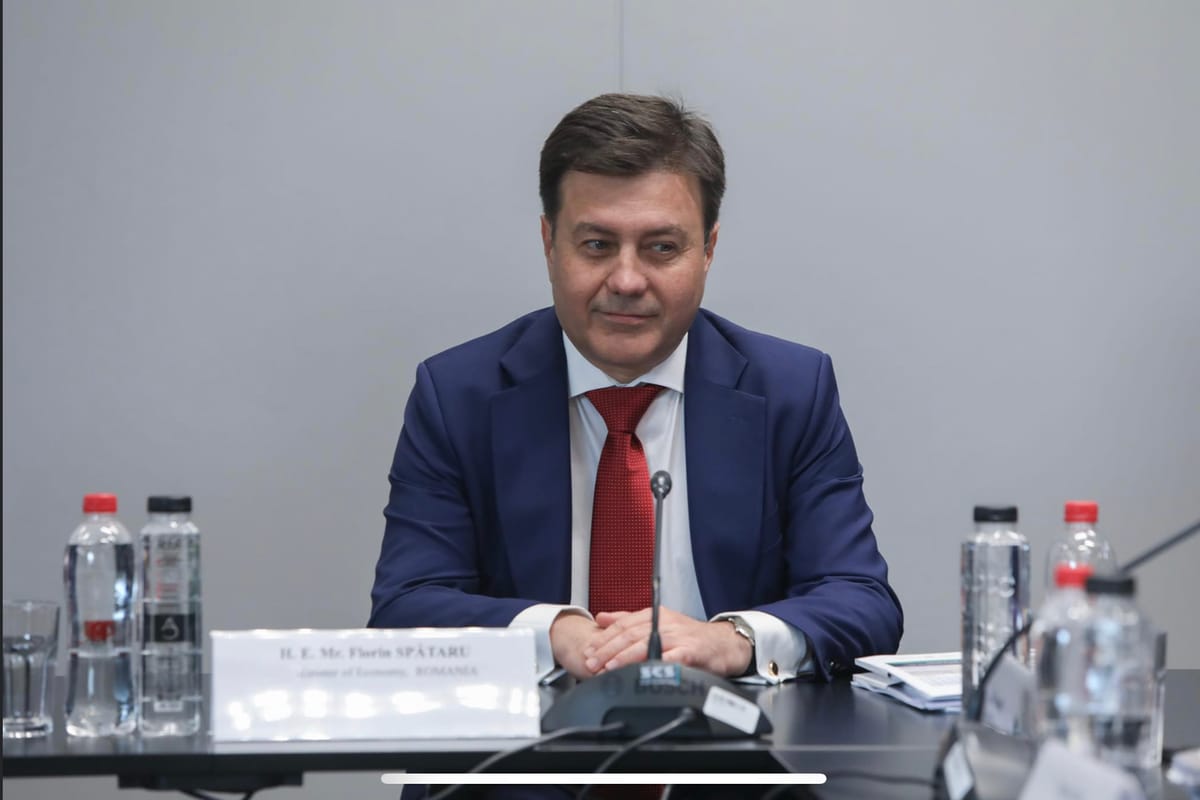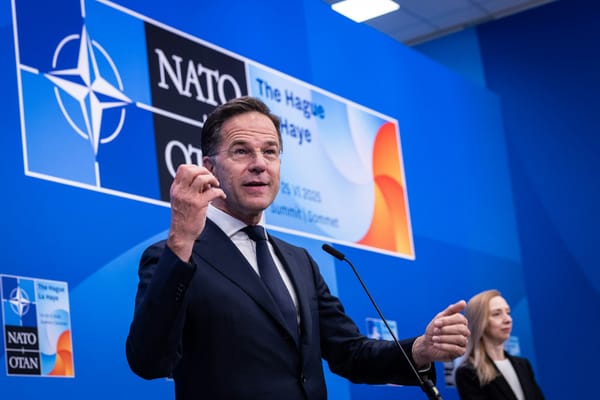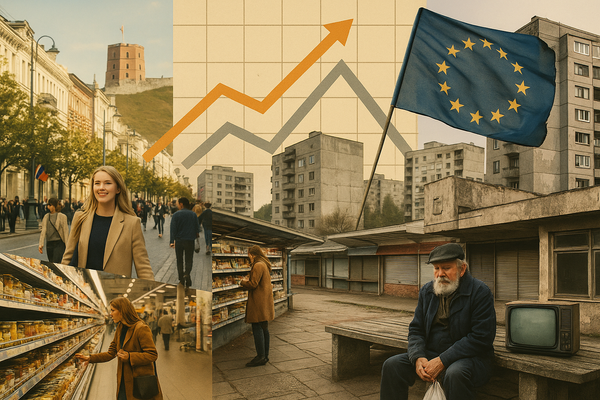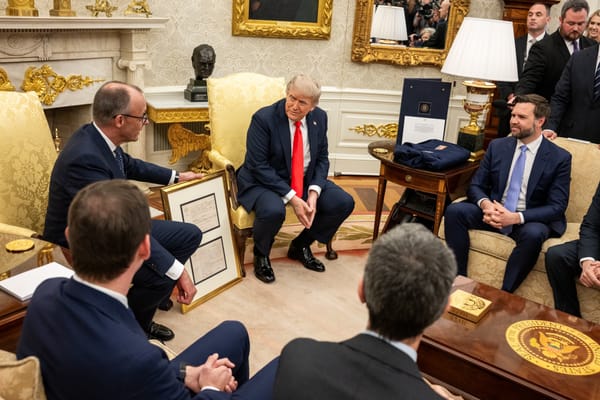
Europe playing catch-up with China in 'battery battle' - Romanian economy minister
“Romania, and Europe, have lost the battle with China in certain segments, such as battery production, but we are trying to recover this gap,” Romanian Economy Minister Florin Spataru said on Thursday 25 May, state news agency Agerpres reported.
“How do we manage to have a balanced approach in the relationship with China, knowing very well that we, Romania, and also Europe have lost the battle on certain segments, such as battery production,” Spataru asked.
“All research into battery production was done in China: we are trying to make up for this shortfall,” the Romanian economy minister said. “That is why we must create evaluation or screening mechanism objectives to ensure that any potential transfer of technology or cooperation with a Chinese company will lead us to being able to decide, as with many countries, whether an activity is necessary, and we must do it.
“The mere label of being a Chinese company is not enough, but for this, we need collaboration mechanisms between the Competition Council and the Economy Ministry, for evaluation and appropriate screening, with strategic partners, to decide correctly,” he said.
Recovery from pandemic, energy crisis ongoing
Current economic challenges, Spataru said “came with these crises… first with the pandemic, then the energy crisis. We are looking at the competitiveness of the Romanian economy and the European economy, because I would like to go in a much broader framework, taking into account the challenges we have now.
“I can tell you only one thing: the future challenges… in the objectives and targets that we have up to 2040, up to 2050 are much greater than what we see now. And I would like to give you some examples from multinational companies, which have a major impact on production chains in Romania: decarbonization, net-zero, the implementation of this net-zero strategy on the entire production chain in the automotive sector until 2030.
That means renewable energy, hydrogen, retrofitting, green steel, aluminum, being produced by other technologies… this is the challenge that the Romanian economy is facing.”
The minister also referred to the support measures granted by the Romanian government during these crises, emphasising that without these support measures – targeted where necessary to create added value – we will not be able to carry out this modernisation.
Romanian industry must prepare for 2030-40
Consider that these large companies that we support, which are major employers in the market, have reached the solvency limit, because the price of energy and gas in 2022 represented approximately 30% of the total costs, while in 2018 that figure was 10%.
When 20% of a company’s budget, which normally should have gone into investment, the moment they go to the sources of financing on those indicators, those of you who are in the banking sector, you know very well that you will refuse because we do not have certainty. So then what is the solution? Romanian industry must be prepared for the challenges of 2030-40 within five years,” he said.
According to him, Romania should swiftly move towards economic sectors where it can be competitive, “directly applied and not generic schemes. A strong ministry is needed to support such a project,” he added.
State, Competition Council has vital role
“Our connection with the Competition Council is ever closer, because together we can create those projects, properly planned and implemented, to create a competitive framework, but to ensure that our objectives will be achieved in the long term,” Spataru said.
“In five years, Romania’s industry must be prepared for the challenges of 2030-40, and for that we have a big responsibility, because behind these decisions and these policies, at stake are the public ministries, the Competition Council, the lives of millions in Romania, their jobs, the future of children and a framework that will bring investments from at home and abroad,” Spataru added.





